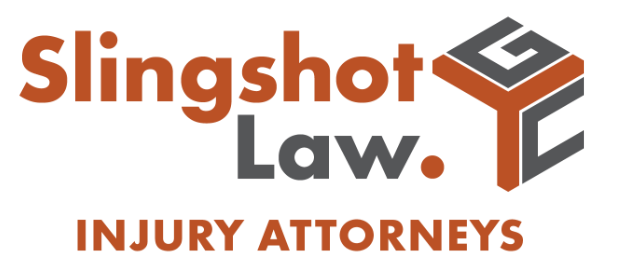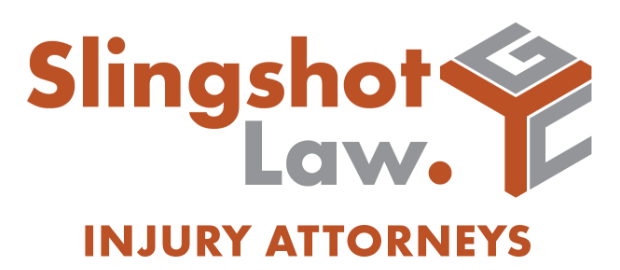At Slingshot Law, we understand that injuries from crashes, falls, or dog bites create overwhelming medical bills, missed work, and insurance disputes. Our Austin personal injury lawyer investigates how your injuries occurred, documents the full extent of your harm, and builds evidence proving who bears responsibility while insurance carriers evaluate your claim.
Texas personal injury claims allow victims to pursue compensation for medical expenses, lost wages, pain and suffering, and future care needs when someone else’s negligence causes harm. These claims operate under strict deadlines, comparative fault rules, and procedural requirements that determine case value and available damages.
Our injury team preserves evidence before it disappears, coordinates with medical providers to document treatment, and handles insurance communications while you focus on recovery. Call us now for a free consultation at (866) 647-1311.
Key Takeaways for Austin Personal Injury Claims
- Texas follows proportionate responsibility rules, meaning if a jury assigns you partial fault, your recovery reduces by that percentage, and findings of more than 50 percent fault bar recovery entirely
- The two-year statute of limitations begins on the injury date for most claims; missing this deadline bars recovery permanently, regardless of case strength
- Economic damages include medical expenses, lost wages, and diminished earning capacity; non-economic damages compensate for pain, suffering, and mental anguish
- Insurance companies may contact victims quickly, seeking recorded statements about injuries or fault before you understand your rights
- Slingshot Law personal injury lawyers work on a contingency fee, so you pay nothing unless we recover compensation
Why Austin, Texas Chooses Slingshot Law
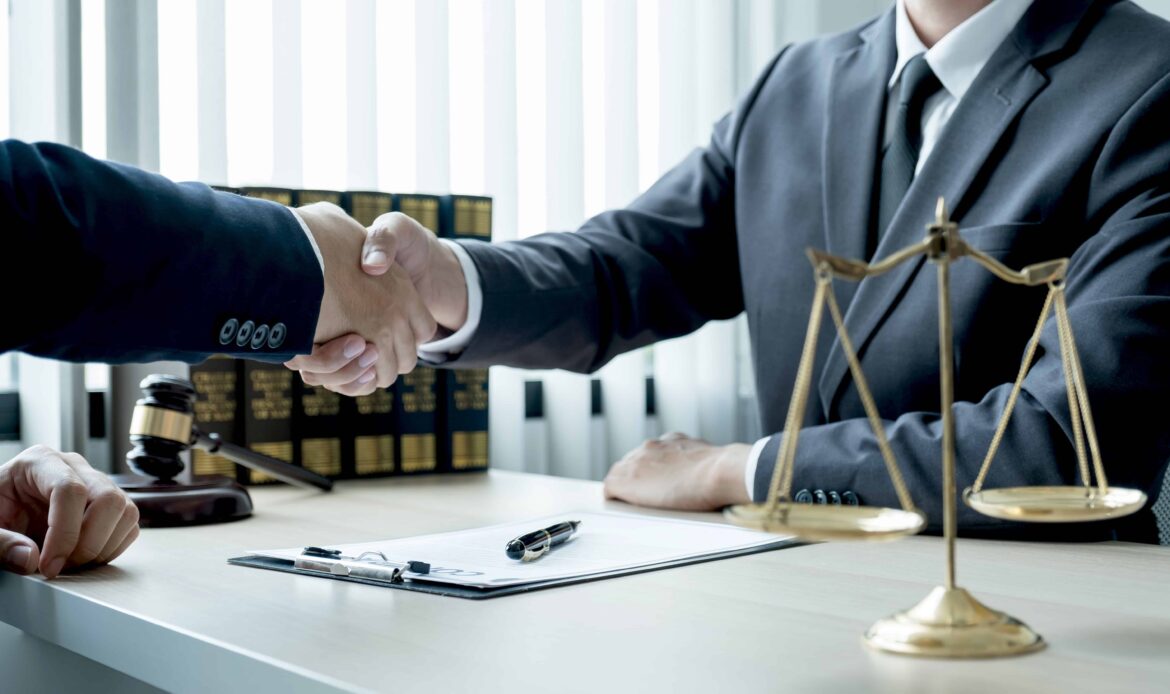
Personal injury cases require immediate evidence preservation and a thorough understanding of Texas liability laws. These skills are what separate just adequate representation from results that address medical costs, lost income, and long-term impacts.
Our Austin personal injury legal services include:
- Rapid evidence preservation through spoliation letters, accident reconstruction, and witness interviews before critical proof disappears
- Comprehensive investigation coordinating with police, medical providers, and experts to establish how your injuries occurred and who bears responsibility
- Medical documentation coordination, working with treating physicians to create narrative reports linking injuries to specific incidents
- Economic loss analysis, engaging vocational experts and economists, when warranted, to calculate lost earning capacity and future medical needs
- Insurance negotiation handling carrier communications and rejecting lowball settlement offers that ignore long-term care costs
- Trial preparation and litigation coordinating expert witnesses and building cases that encourage fair settlements or taking cases to court when necessary
- Contingency fee representation advancing all case costs without upfront payment—you pay nothing unless we recover compensation
While you focus on medical treatment and rehabilitation, we handle investigations, negotiations, and legal proceedings. We communicate clearly, respond promptly to questions, and pursue compensation that reflects the true impact of your injuries.
Contact us now to schedule your free personal injury case consultation at (866) 647-1311.
Common Types of Personal Injury Cases in Austin
Personal injury claims arise from various incidents where negligence causes physical or emotional harm. Understanding these categories helps identify liable parties and available evidence.
Car Accidents
Car crashes on Austin highways and surface streets cause injuries ranging from whiplash to catastrophic trauma. Collisions on I-35, MoPac, US 183, and SH-71 result from distracted driving, speeding, drunk driving, and failure to yield. Our car accident lawyer helps identify negligent parties and pursue injury claims.
Truck Accidents
Truck accidents involving 18-wheelers and commercial vehicles create devastating outcomes due to size and weight disparities. Federal Motor Carrier Safety Administration violations, driver fatigue, and inadequate maintenance establish liability extending to trucking companies and vehicle owners.
Motorcycle Accidents
Motorcycle accidents leave riders without protective barriers, resulting in severe injuries even at moderate speeds. Lane-splitting incidents, left-turn collisions, and blind-spot crashes cause road rash, fractures, and traumatic brain injuries.
Rideshare Accidents
Rideshare accidents involving Uber or Lyft create complex insurance questions based on driver app status. Whether drivers were logged off, waiting for requests, en route to pickups, or transporting passengers determines which coverage applies.
Pedestrian and Bicycle Accidents
Pedestrian and cyclist accidents near the University of Texas campus, Downtown Congress Avenue, or South Lamar Boulevard cause severe injuries from direct impact forces. Drivers failing to yield at crosswalks or turning without checking sidewalks create preventable harm.
Premises Liability Accidents
Dangerous property conditions cause falls on commercial or residential properties. Unmarked wet floors, broken stairs, inadequate lighting, or uneven surfaces create slip-and-fall hazards. Grocery stores, restaurants, retail locations, and apartment complexes throughout Austin generate premises liability claims when property owners ignore known hazards.
Negligent security at apartment complexes, parking garages, or retail locations allows violent assaults causing injuries. Property owners who fail to provide adequate lighting, cameras, or security personnel despite knowing about prior crimes face premises liability.
Workplace Accidents
Construction accidents, including falls from heights, struck-by incidents, and caught-between hazards, cause severe injuries on Austin job sites. When third-party negligence by equipment manufacturers, general contractors, or subcontractors contributes to workplace injuries, separate personal injury claims exist beyond any benefits an employer may provide.
Dog Bite Injuries
Dog attacks cause physical injuries and emotional trauma requiring medical treatment and psychological counseling. Dog owners who knew about prior aggressive behavior or failed to exercise reasonable care in controlling their animals may face liability for resulting injuries.
How Slingshot Law Builds Strong Personal Injury Claims

Insurance adjusters challenge fault, dispute injury severity, and may minimize losses. Our lawyers address these challenges through comprehensive evidence gathering.
Your Slingshot Law personal injury attorney secures crucial evidence like:
- Austin Police Department or Texas DPS crash reports documenting officer observations and preliminary fault
- Photographs of accident scenes, vehicle damage, hazardous conditions, and visible injuries
- Witness statements collected before memories fade or contact information becomes unavailable
- Medical records including emergency room documentation, diagnostic imaging, and treatment notes
- Cell-phone records proving distraction in vehicle collisions
- Surveillance footage from traffic cameras, businesses, or property security systems
- Employment records documenting income and benefits for lost wage calculations
- Expert analysis from accident reconstructionists, biomechanical engineers, or medical specialists, when needed
We then compile this evidence into comprehensive and persuasive demand packages demonstrating who bears responsibility and the harm their negligence caused.
Injuries in Austin Personal Injury Cases
Personal injury accidents cause injuries ranging from soft-tissue strains to catastrophic trauma requiring surgery and long-term rehabilitation.
Injuries and symptoms we often see after Austin personal injury accidents include:
- Neck and spine injuries, including whiplash and herniated discs, cause headaches, reduced mobility, and chronic pain. MRI imaging reveals damage invisible on X-rays.
- Fractures and broken bones in arms, legs, ribs, and facial structures result from impact forces. Compound fractures require immediate surgical intervention.
- Head and brain injuries, including concussions and traumatic brain injuries, cause cognitive deficits, memory problems, and personality changes. Neurological testing documents permanent impairment.
- Internal injuries to organs require emergency intervention. CT scans document damage demanding immediate surgical treatment.
- Lacerations and soft-tissue damage from broken glass, metal fragments, or blunt force cause cuts requiring stitches, scarring, and potential nerve damage.
- Burn injuries from vehicle fires or electrical accidents cause severe pain, scarring, and disfigurement requiring skin grafts and reconstructive surgery.
Medical documentation showing the extent of the injury and how the injury connects to the accident is crucial for recovering fair compensation.
Compensation in Texas Personal Injury Cases
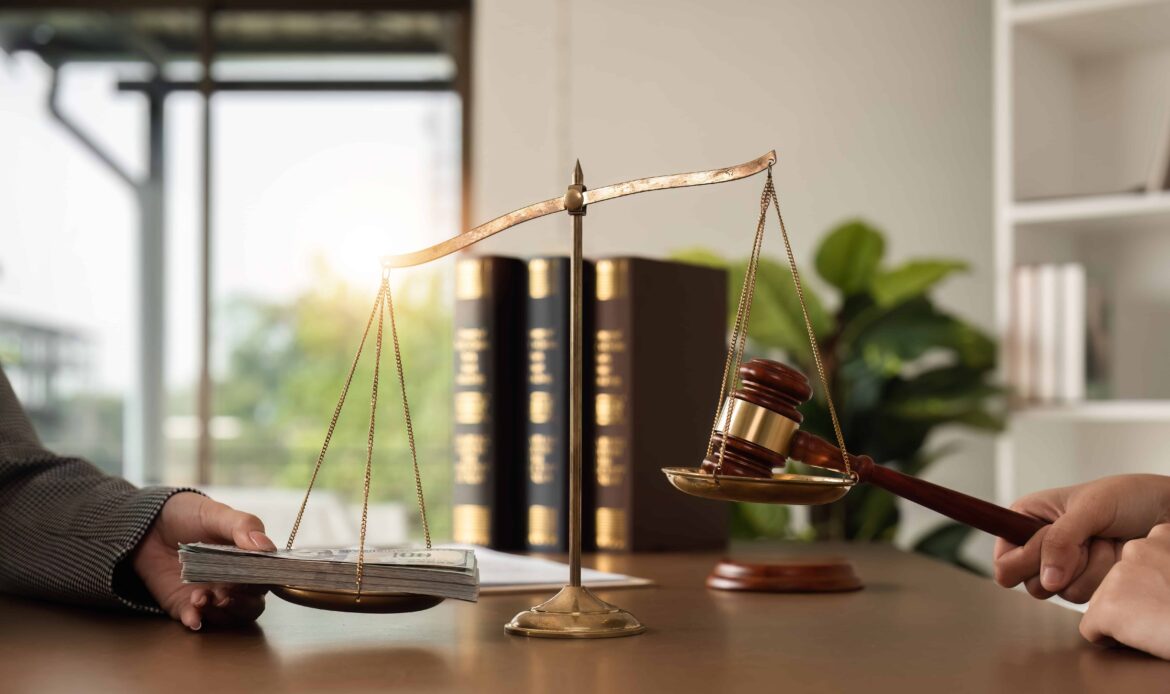
Texas law permits recovery for both economic and non-economic losses when negligence causes injuries.
Economic damages compensate for your measurable financial losses. This may include:
- Medical expenses like emergency care, hospitalization, surgery, physical therapy, medications, and ongoing treatment
- Future medical costs, usually calculated through life-care plans for permanent injuries requiring continued care
- Lost wages from missed work during treatment and recovery documented through employer statements
- Diminished earning capacity when permanent injuries prevent returning to prior employment or advancement opportunities
- Property damage for vehicle repair or replacement costs
- Household services valuing tasks you can no longer perform, including childcare, cooking, and home maintenance
Additionally, you may be able to recover non-economic damages, addressing intangible harm. This may include:
- Pain and suffering from physical injuries and reduced quality of life
- Mental anguish, including anxiety, depression, and post-traumatic stress
- Physical impairment limiting mobility, independence, and daily activities
- Disfigurement from visible scarring affecting appearance and self-image
- Loss of enjoyment of life when injuries eliminate hobbies, activities, and experiences
Settlement amounts depend on the unique circumstances of your case: how seriously you were hurt, how your injuries affect your daily life and ability to work, and the strength of evidence proving the other party’s negligence.
Texas Proportionate Responsibility
Under Texas Civil Practice & Remedies Code § 33.001, if you share some responsibility for your accident, any compensation awarded gets reduced by your percentage of blame. If a jury finds you more than 50 percent at fault, you cannot recover damages.
Insurance companies and defense attorneys may seek ways to shift blame, such as claiming you were distracted, not paying attention, or contributed to the incident. Early investigation helps establish the facts before evidence disappears and prevents these arguments from undermining your claim.
Steps to Take After a Personal Injury in Austin
Actions taken after accidents shape claim outcomes and settlement prospects. Here are practical steps to protect your legal rights:
- Seek medical attention if you have not already. Internal injuries and concussions may not produce immediate symptoms. Emergency departments provide CT imaging and examination documenting injuries before symptoms worsen.
- Report the incident. Notify police for vehicle crashes, property owners for slip-and-falls, or employers for workplace injuries. Official incident reports create documentation establishing when and how injuries occurred.
- Obtain police or incident reports. For vehicle crashes, Austin Police Department reports are available at APD headquarters at 715 E 8th Street or through online systems. For other incidents, request copies of any reports filed with property owners, employers, or relevant authorities. Keep these documents for your records.
- Preserve all receipts and records. Save medical bills, pharmacy receipts, therapy invoices, wage-loss statements, and property damage repair estimates.
- Do not give recorded statements to adjusters. Insurance companies may contact injury victims quickly. You are not required to speak with the other party’s insurance company. Politely decline and let your attorney handle these communications.
- Avoid social media posts about the incident. Insurance companies monitor accounts for content contradicting disability or injury claims.
- Contact an Austin personal injury lawyer immediately. Slingshot Law’s injury team preserves evidence, secures witness statements, and coordinates medical documentation while you focus on recovery.
How Insurance Companies Handle Personal Injury Claims
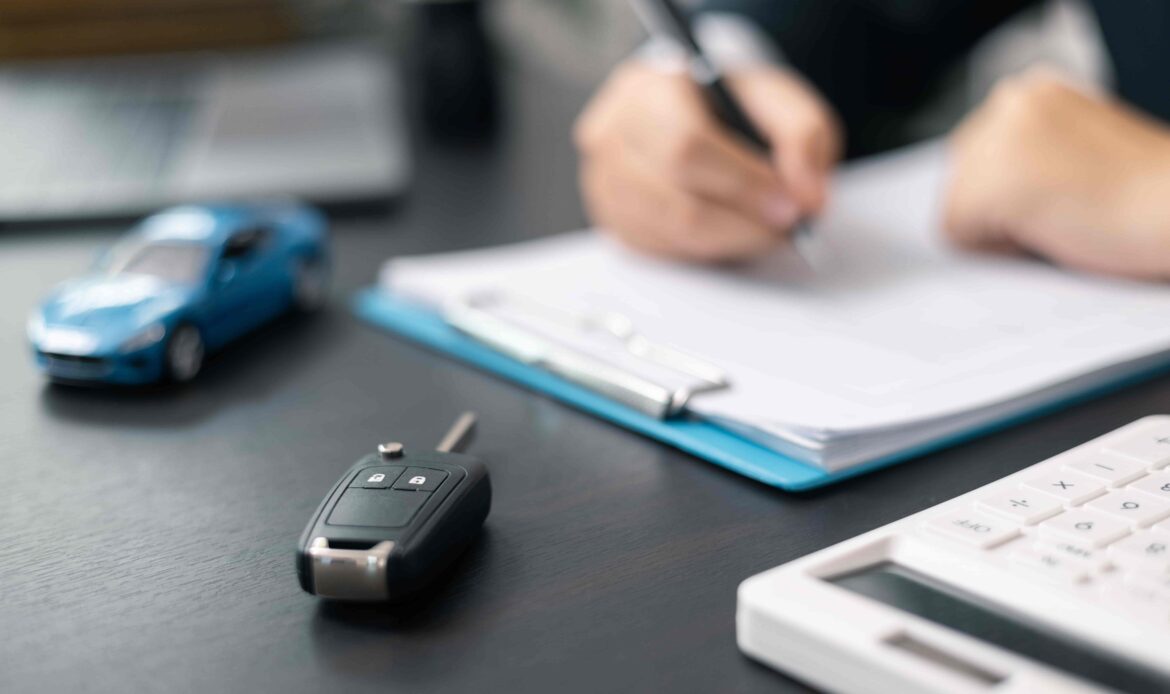
Insurance carriers follow specific processes when evaluating injury claims. Knowing how these evaluations work helps you make informed decisions about settlement offers.
Early Settlement Offers
Early settlement offers may be based primarily on medical bills incurred to date. These initial proposals sometimes do not account for future medical needs, ongoing treatment costs, or the full impact of permanent limitations on your daily life and earning capacity.
Recorded Statements
Recorded statements requested soon after accidents become part of your claim file. Adjusters may ask you to describe your injuries before you’ve seen specialists or undergone diagnostic testing. These early descriptions can be compared against later medical findings.
Independent Medical Examination (IME)
Independent medical examinations involve physicians selected by insurance companies to review your medical records and evaluate your condition. These examiners produce reports that become part of the claim evaluation process.
Activity Documentation
Activity documentation may include surveillance footage of your daily routines. Insurance companies sometimes use this documentation to assess the consistency between your reported limitations and observed activities.
Knowing these standard practices helps you navigate the claims process more effectively and recognize when legal representation may benefit your case.
FAQ for Austin Personal Injury Lawyers
Do I Need an Austin Personal Injury Lawyer?
While not required, representation may improve settlement outcomes. Lawyers can help quantify your damages and skillfully negotiate settlements with the insurance company.
How Long Do I Have to File a Claim in Texas?
The Texas statute of limitations allows two years from the date of the injury for most personal injury claims. Some exceptions apply for delayed discovery or injuries to minors. Missing this deadline bars recovery regardless of case strength.
How Are Medical Bills Paid Before Settlement?
Medical providers typically bill health insurance, which pays subject to subrogation rights requiring reimbursement from settlements. Some providers accept liens, agreeing to wait for payment until cases resolve. PIP or MedPay coverage on your auto policy may also cover initial bills.
Should I Talk to the Insurance Adjuster?
No. Texas law does not require cooperation with at-fault parties’ insurers before litigation. Adjusters use early statements to lock in minimized injury descriptions. Politely decline and refer them to your attorney.
How Do Contingency Fees Work?
Our Austin personal injury lawyers work on contingency, meaning you pay nothing up front, and fees come only from settlement or verdict. Slingshot Law advances case costs, including expert witnesses and medical records, recovering expenses only if we win compensation.
How Long Does a Personal Injury Case Take in Austin, TX?
Settlement timelines vary based on injury severity, liability disputes, and insurance company cooperation. Straightforward cases with clear fault may settle within months. Complex cases involving permanent disabilities or disputed liability may require a year or more.
Schedule a Free Consultation With an Austin Personal Injury Lawyer
When injuries disrupt your life, you face immediate challenges: managing pain, keeping up with medical appointments, missing work, and worrying about bills. Meanwhile, critical evidence that could strengthen your claim begins to fade. Witness memories dim, accident scenes change, and documentation becomes harder to secure.
You don’t need the added burden of navigating insurance claims and legal procedures during recovery. Let Slingshot Law handle the legal complexities while you focus on getting better and rebuilding your life.
Call (866) 647-1311 for a free case review. Our Austin personal injury lawyer will listen to your story, answer your questions, and explain your options.
Austin Office
Address: 1802 Lavaca St, Austin, TX 78701
Phone: 866-647-1311
